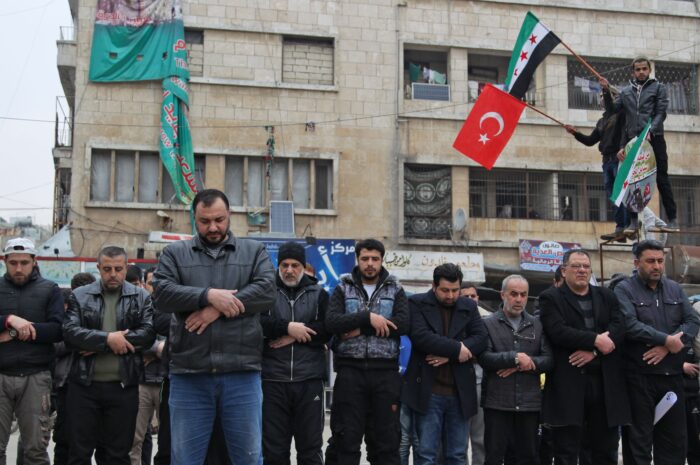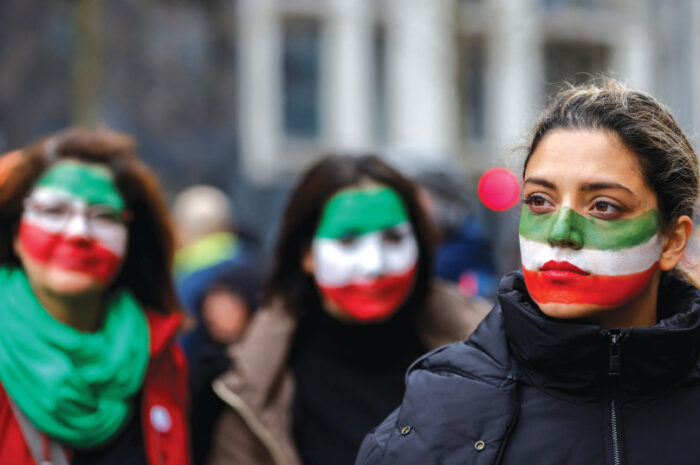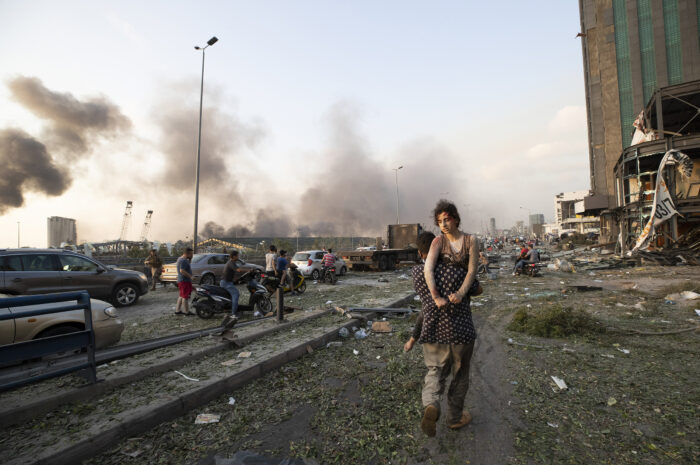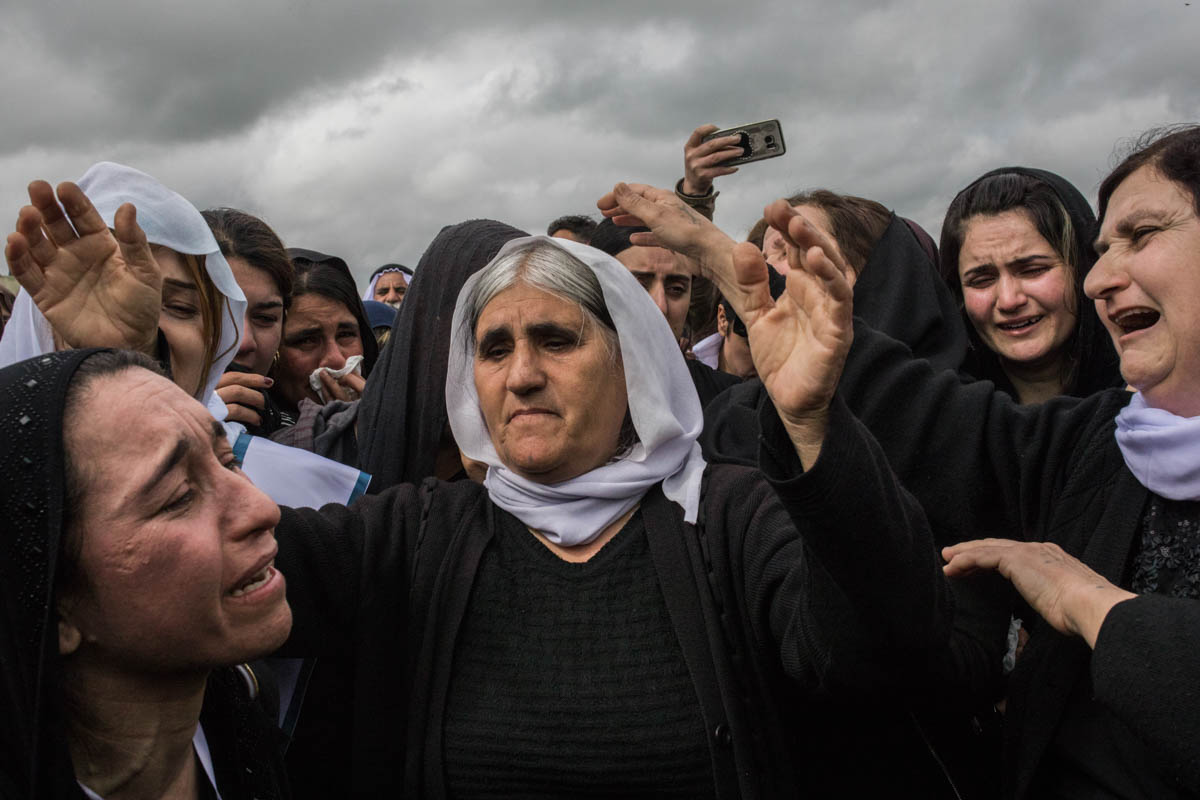
NOTE: This article originally was published in the Jerusalem Post opinion section.
There is no sanctuary for the victim of violence. Years can pass and physical wounds can heal, leaving scars for decades later. Violence can leave marks deeper than flesh. Yet violence can do more than leave scars. It can alter a person’s psychology and destroy lives in the process.
Take the case of Yazidis, subject to the violence of Islamic State terrorists in Sinjar. There are thousands of Yazidis today who remain haunted by memories of themselves or loved ones being kidnapped, raped and abused. For many of the survivors their lives are forever altered, unable to expel the nightmares of past years from their minds.
An estimated 5,000 Yazidis lost their lives to ISIS terrorists during the genocide in Sinjar in Iraq’s Nineveh region. Another 5,000 were kidnapped, with many sold into slavery by the jihadist organization. A further 400,000 were displaced from their homes because of the conflicts that followed. These numbers highlight a significant trauma that has impacted the Yazidi community of Nineveh.
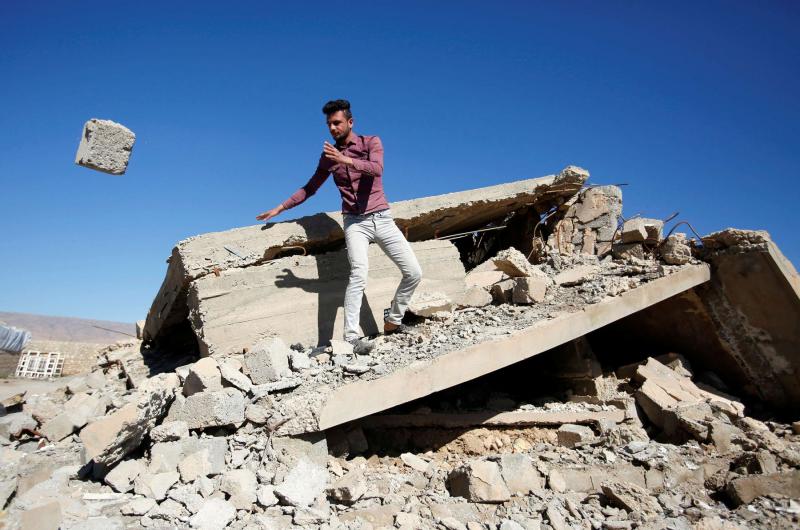
Source: REUTERS/Khalid al-Mousily.
Large-scale violence in the form of genocide creates a collective trauma for survivors and their communities. The loss of one young Yazidi girl is a loss to a father, mother, sister, brother, aunt and so on. When families start to lose loved ones to collective violence, there is an impact upon the community. Ripples form from violence.
The destruction of Yazidi homes in Sinjar left thousands of people displaced. Each family displaced was forced to resettle in different areas, seeking refuge in displacement camps such as Khanke in Dohuk, Kurdistan and elsewhere in Iraq. Far away from home and living in poor conditions, those displaced persons now struggle to live.
Five years since the genocide of Yazidis in Sinjar, the community remains fractured. The violence and persecution wrought by Islamic State continues to haunt Yazidis. Homes in Sinjar remain in ruins and survivors continue to suffer. Despite millions of dollars in aid being given to help rebuild Iraq, Nineveh remains in a state of limbo.
Worse still is the lack of support given to survivors of the genocide in Sinjar and wider conflict around the Islamic State. There remain thousands of people who suffer from psychological trauma. This takes the form of depression, psychological trauma, and often, suicide. These sufferers undergo an endless nightmare.
The impact that violence has on mental health is frequently overlooked in discussions surrounding war, conflict or genocide. Yet understanding how people respond to traumatic events in war is not easy to do. There are thousands of Yazidis with stories of trauma. Tayseer’s story that follows is just one example.
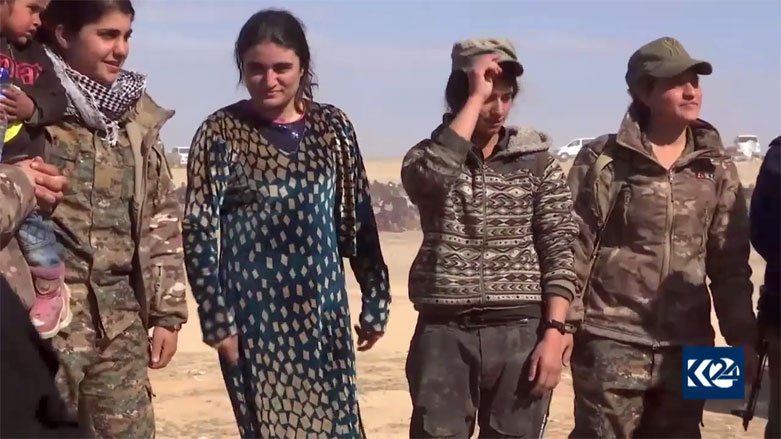
Source: Kurdistan 24
During the liberation of Baghouz in Syria earlier this year, there were many Yazidis freed by the Syrian Democratic Forces. One of these Yazidis was a woman by the name of Tayseer. She lived for five years under the control of ISIS terrorists. Those five years were filled with torment.
After witnessing the murder of loved ones in Kocho in Nineveh in 2014, Tayseer was sold as a slave through the Islamic State’s sex black market. She was sold to multiple fighters who used her as an object of gratification. Violence in the form of beatings, rape and sexual abuse became commonplace. Each day went on like this for five years until her liberation.
Although Tayseer is now free to live her life, the mental and emotional scars left by five years of extreme abuse are unlikely to fade. Her life before those five years no longer exists. There is no returning to the normalcy of prior years for her. Tayseer will return to whatever she left carrying the trauma of those years.
Tayseer is only 17.
Her story is just one of many of Yazidis taken from their home by ISIS. There are thousands more stories like this one that now form the Yazidi people’s experience. Each story will be retold for generations that follow both as a warning and as a reminder of what occurred in Sinjar.
The case of the Yazidi people provides for a microcosm of what violence can do. Targeted for their identity and subjected to genocidal violence by Islamic State fanatics, Yazidis remain scarred from their experiences. Impacting upon the psychology of survivors, Yazidis now work to reorganize their lives to regain some semblance of normalcy.
For victims of ISIS violence, however, there is no return to normal. Survivors carry the pain of the past with them constantly and will do so for the rest of their lives. This is the real tragedy of violence, especially extreme violence: Nothing is ever again the same.
Written by Anthony Avice Du Buisson (27/07/2019)

